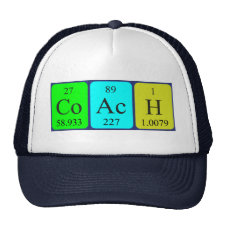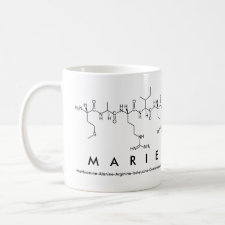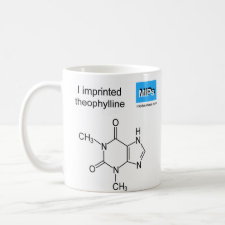
Authors: Binet C, Ferrere S, Lattes A, Laurent E, Marty JD, Mauzac M, Mingotaud AF, Palaprat G, Weyland M
Article Title: Benefit of liquid crystal moieties in the MIP technique.
Publication date: 2007
Journal: Analytica Chimica Acta
Volume: 591
Issue: (1)
Page numbers: 1-6.
DOI: 10.1016/j.aca.2006.12.042
Alternative URL: http://www.sciencedirect.com/science/article/B6TF4-4MSHY20-1/2/bc09dfc3ab3d9a7b2e253bf9b3cf3f5c
Abstract: Several liquid crystalline imprinted materials have been synthesized from polysiloxanes or polyacrylates bearing mesogenic side-chains and low contents of cross-linkers. They were imprinted by various achiral or chiral templates, then tested for molecular recognition or assessed as specific catalysts. All mesogenic imprinted networks exhibit a much higher affinity towards the template than non-imprinted networks. On the other hand, the molecular trapping capacity was shown to be much greater than that of most of the previously studied non-mesomorphous systems. Moreover, it was shown that mesomorphic order provides significant enhancement to the bonding between the template and the liquid crystalline network and reinforces the shape memory of the imprinted cavities. Some of these materials were used to catalyze the isomerization of benzisoxazole. They exhibited an acceleration effect close to 100 between imprinted sites and non-imprinted ones. Lastly, cholesteric networks, that were imprinted by a chiral template, showed good properties for the enantiomer separation leading to an enantiomeric excess of 35% and a capacity of around 1 mmol g-1
Template and target information: acetophenone, theophylline, 1,8-diaminonaphthalene, (R)-α-methylbenzylamine
Author keywords: Liquid crystal, molecular imprinted polymers, enantiomer separation, catalysis, sensors



Join the Society for Molecular Imprinting

New items RSS feed
Sign-up for e-mail updates:
Choose between receiving an occasional newsletter or more frequent e-mail alerts.
Click here to go to the sign-up page.
Is your name elemental or peptidic? Enter your name and find out by clicking either of the buttons below!
Other products you may like:
 MIPdatabase
MIPdatabase









